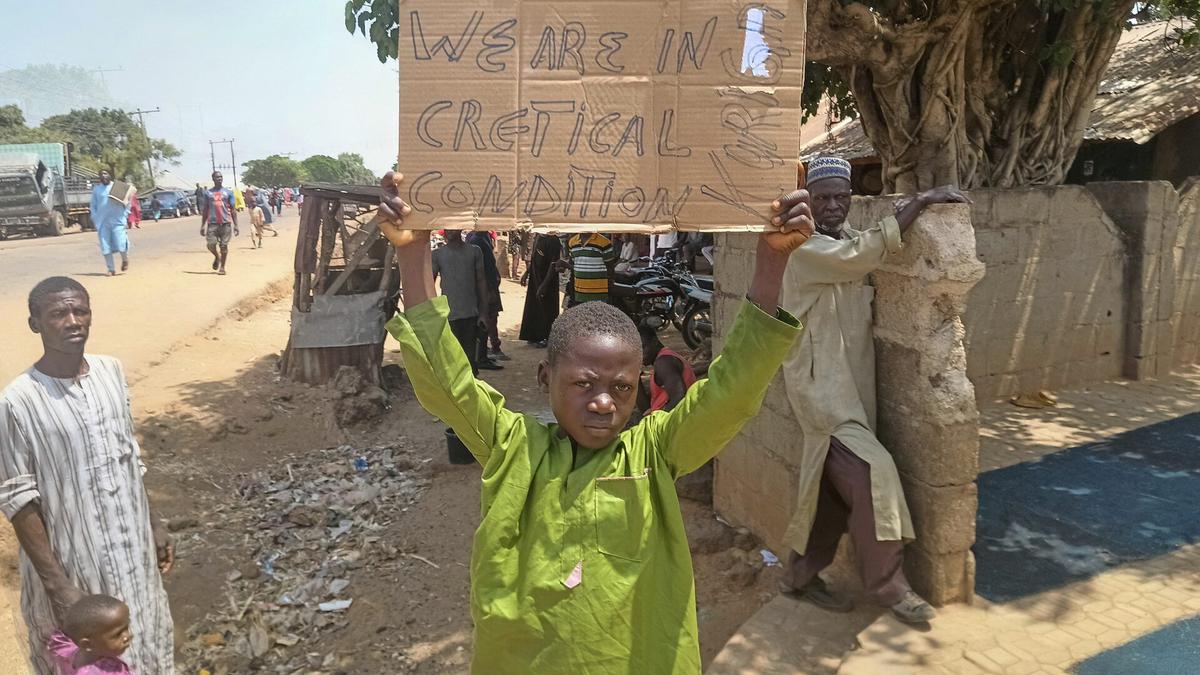
The resurgence of mass kidnappings in Nigeria | Explained
The Hindu
The Hindu delves into Nigeria’s kidnapping crisis, unpacking the factors.
The story so far: Battling its worst economic crisis in years, Nigeria is also facing serious security challenges amid a resurgence of kidnappings in its troubled northern region. Over 600 people, including at least 300 schoolchildren, have been kidnapped in the northeastern and northwestern parts of Africa’s most populous nation since the end of February.
The recent surge in abductions after a brief period of relative calm has refocused international attention on the country’s rapidly deteriorating security situation, bringing back to mind the 2014 abductions when Boko Haram insurgents kidnapped 276 girls from a school in Chibok town of Borno State in northeastern Nigeria.
Since the abduction of the Chibok girls, mass kidnappings have been a recurring nightmare, with nearly 1,500 students abducted from schools in 17 different incidents over the past decade. Over 4,000 people have been reportedly kidnapped since May last year after President Bola Tinubu took office. Despite extremist groups and local armed gangs continuing to rely on kidnappings for political and financial gains, the President remains committed to a no-ransom policy.
Also Read | Nigeria’s new President faces old problems
Reports of a mass abduction first emerged from a remote area in northeastern Borno earlier this year. On February 29, suspected Boko Haram militants abducted at least 200 internally displaced people, mostly women and children, while they were gathering firewood outside their camps, in the Ngala Local Government Area. The United Nations said victims were ambushed near the border with Chad and taken hostage.
In Borno, an estimated 1.9 million out of a total of 3.6 million displaced individuals (as of 2022) live in displacement camps, as per the Internal Displacement Monitoring Centre (IDMC). They often leave their camps to search for food and firewood due to limited aid.
Similar incidents were reported from the northwestern region in quick succession. On March 7, 287 students were kidnapped from a government school in the Chikun area of Kuriga town in Kaduna State. According to reports, hundreds of gunmen arrived on motorcycles and surrounded the school just as classes were about to start. The attackers abducted children and a few staff members, demanding one billion naira (about US $600,000) for their release.

The 29th edition of the Conference of Parties (COP29), held at Baku in Azerbaijan, is arguably the most important of the United Nations’ climate conferences. It was supposed to conclude on November 22, after nearly 11 days of negotiations and the whole purpose was for the world to take a collective step forward in addressing rising carbon emissions.










